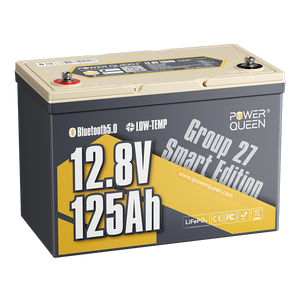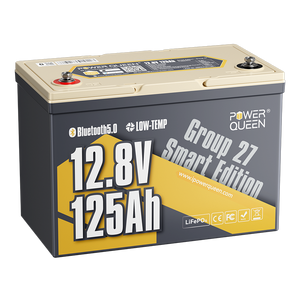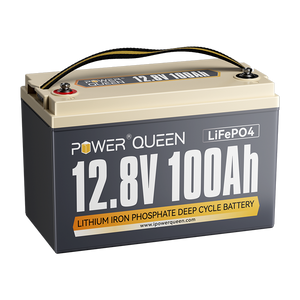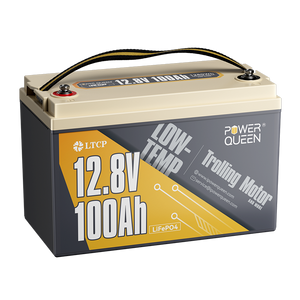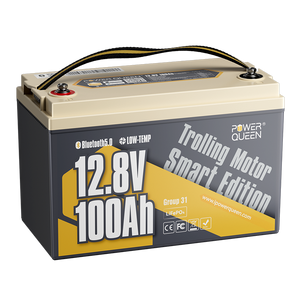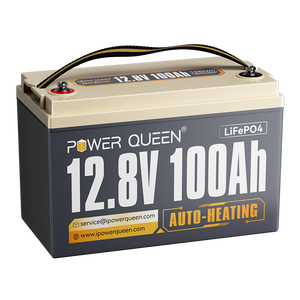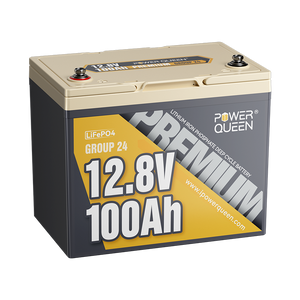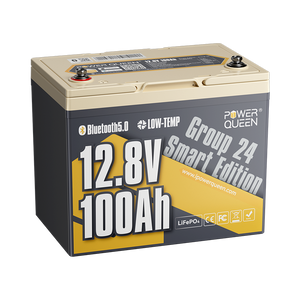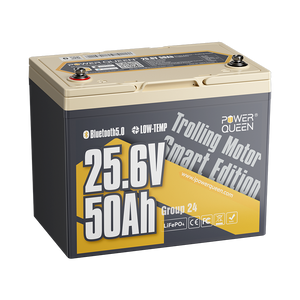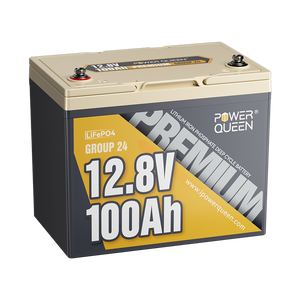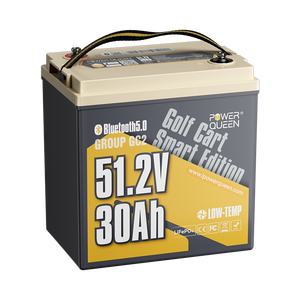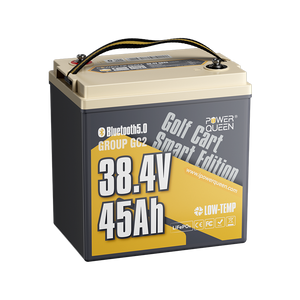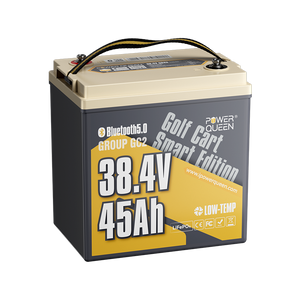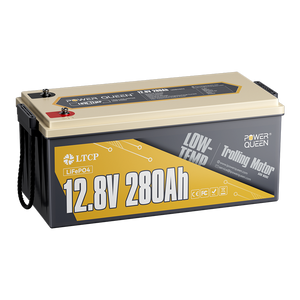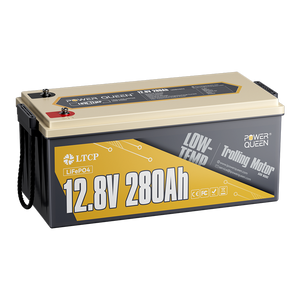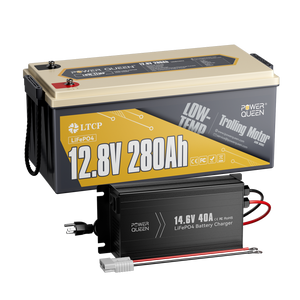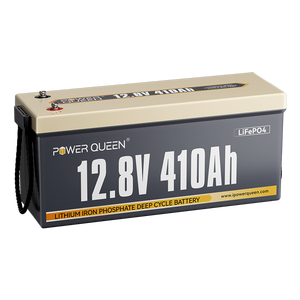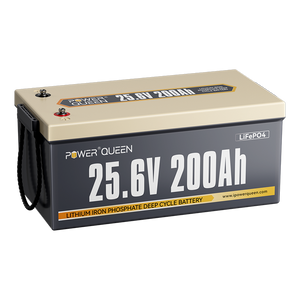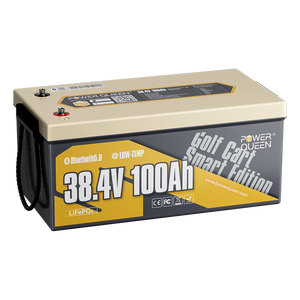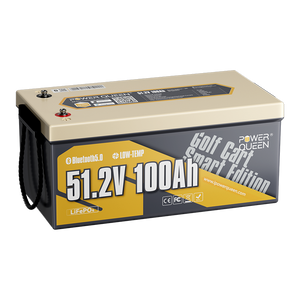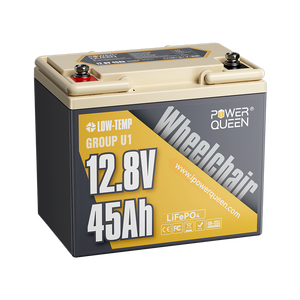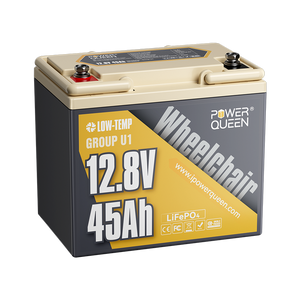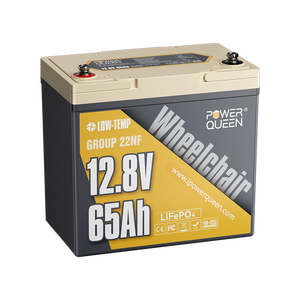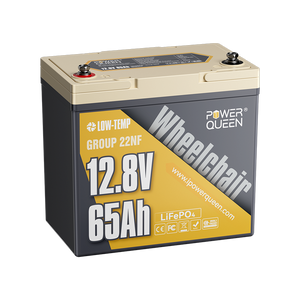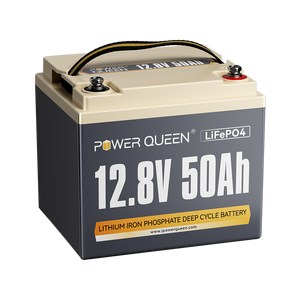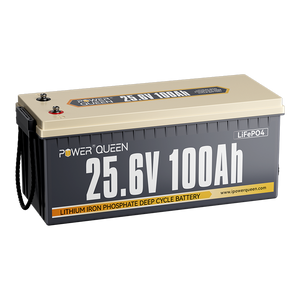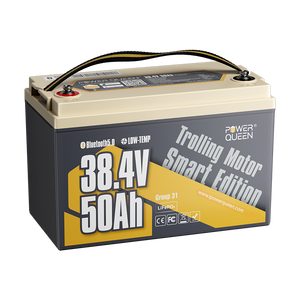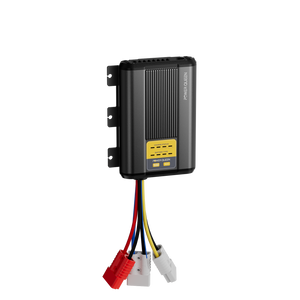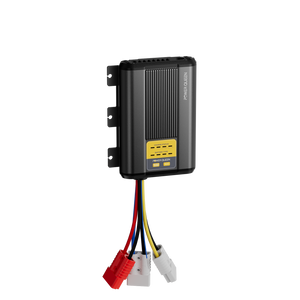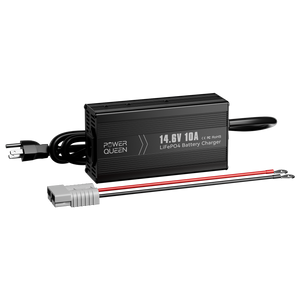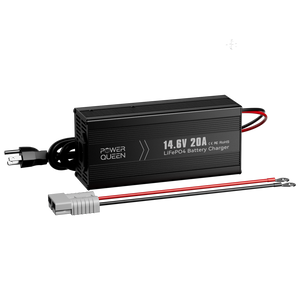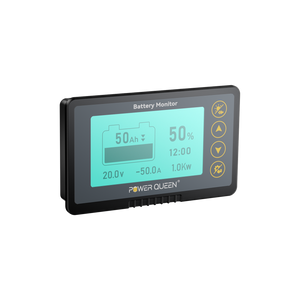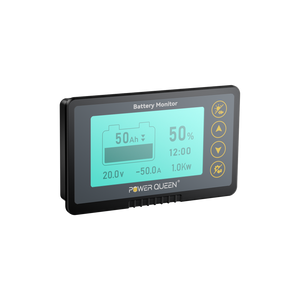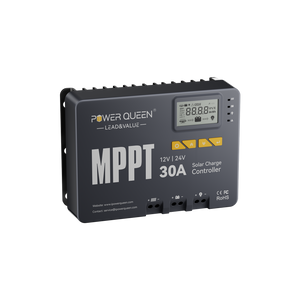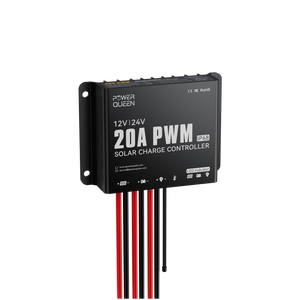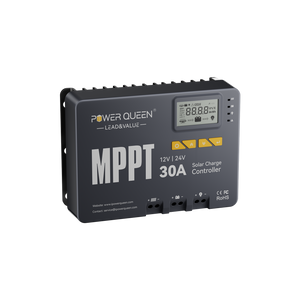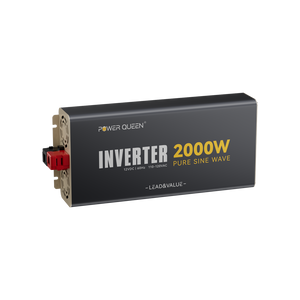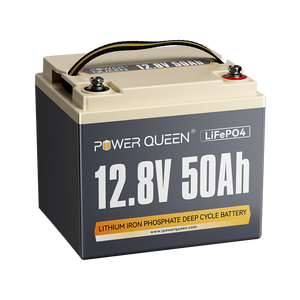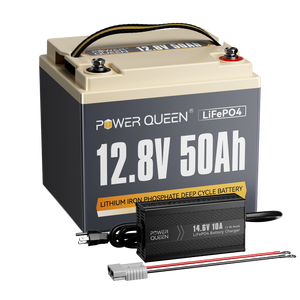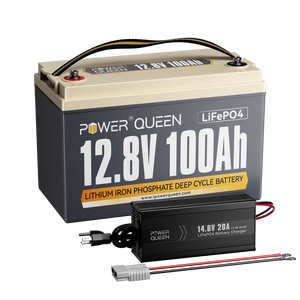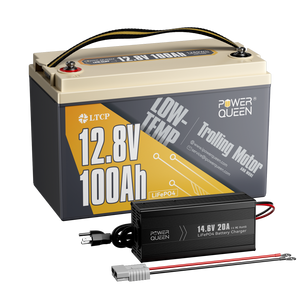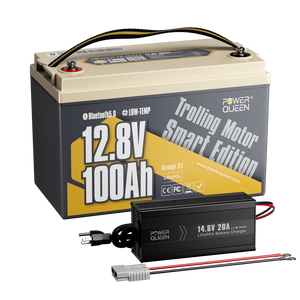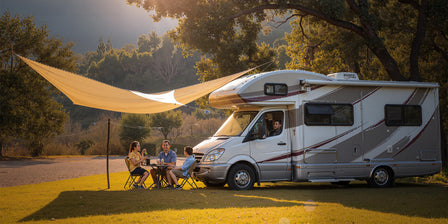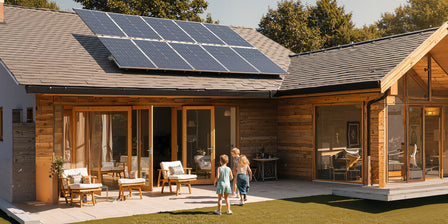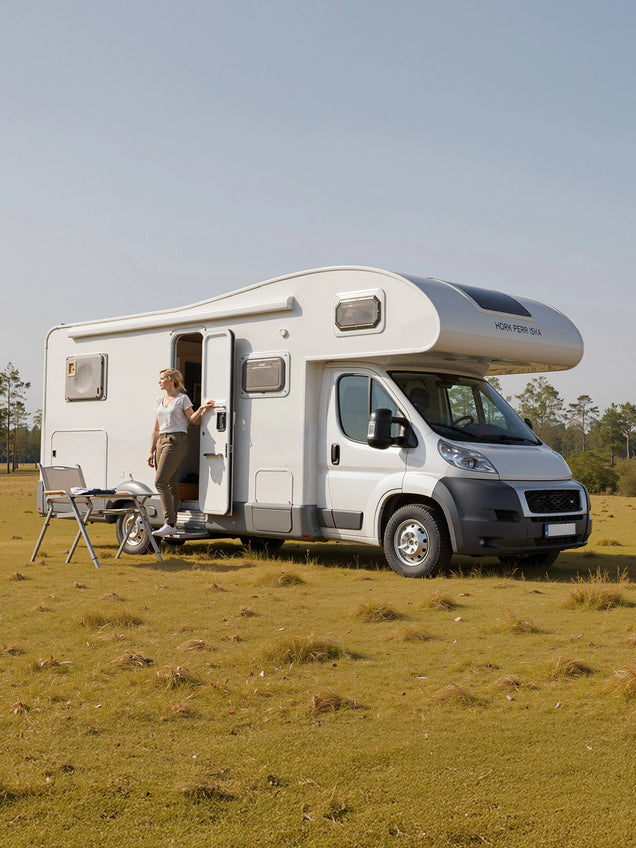Can I Use a Battery Backup without Solar Panels?
Even in the absence of a solar power system, it's possible to enhance your energy independence through battery storage.
Many homeowners may not realize that battery storage can function independently of solar panels. It has the capability to capture power from the grid and store it for use during power outages or peak demand times. This backup solution enables you to save money and enhance energy efficiency without the requirement of installing solar panels. If you're unable to set up a solar solution or are exploring alternatives, here's a more detailed exploration of what you should understand.
Can a Storage Battery Operate Without Solar Panels?
In the current landscape of energy consciousness, a storage battery can prove to be a valuable asset even in the absence of solar panels. These flexible components are engineered to capture and preserve energy from diverse sources, offering advantages that extend beyond reliance on solar panels. Let's delve into how a storage battery functions without solar panels and the benefits it can bring.
Operation of a Storage Battery Without Solar Panels
A storage battery operates by stockpiling energy for use when required. While it's commonly paired with solar panels to store surplus solar energy for nighttime or periods of limited sunlight, a storage battery can also be charged from the electrical grid without relying on solar panels.
Charging from the Grid
Homeowners can capitalize on off-peak hours and reduced electricity rates to charge their storage batteries, potentially leading to energy cost savings. The amassed energy can then be utilized during peak hours when electricity is more expensive, presenting a cost-efficient solution.
Emergency Power Backup
In instances of grid outages, a storage battery can offer backup power. By charging from the grid when it's accessible and dependable, the stored energy in the battery serves as an energy reserve during blackouts or natural disasters, providing homeowners with peace of mind. These days, LiFePO4 lithium batteries are gaining popularity as backup power sources.
Integration with Other Renewable Sources
In addition to solar power, storage batteries can integrate with other renewable energy sources such as wind turbines or hydroelectric systems. This adaptability empowers homeowners to maximize their use of renewable energy and minimize dependence on traditional grid power.
In summary, storage batteries aren't exclusively reliant on solar panels and can autonomously function by capturing and storing energy from the grid or other renewable sources. By comprehending how a storage battery operates without solar panels and the advantages it can deliver, homeowners can make informed decisions regarding their energy requirements. Whether it's about cost savings, emergency power backup, or integration with other renewable sources, a storage battery offers versatile solutions for modern energy needs.
Benefits of Home Battery Backup
Benefit 1: Cutting Energy Expenses with Battery Storage
In certain areas, energy costs fluctuate with the time of day. During peak periods, such as early mornings and evenings when demand surges, utility companies increase prices. Homeowners can proactively trim energy expenses by using batteries to stockpile grid power. Intelligent software within the battery system can be programmed to draw power during cost-effective intervals, switching to battery power at peak times for homes and appliances powered by batteries. This approach can gradually lower energy expenses and maintain utility costs at an optimal level.
Benefit 2: Providing Energy Backup for Emergency Readiness
Another reason homeowners are embracing battery storage solutions is to have power support during grid outages. Modern battery solutions offer a cleaner substitute to fuel-based generators, ensuring a greener choice for staying connected during inclement weather.
For instance, in situations where a projected storm threatens the grid, homeowners can preemptively gather grid power and store it in their batteries. If the grid fails, the stored power can keep critical appliances running until emergency crews restore the larger grid. Battery storage provides reassurance for staying connected during emergencies.
Benefit 3: Energy Adaptability When Solar Panels Aren't an Option
Occasionally, homeowners explore solar power systems but find them infeasible. For example, in neighborhoods managed by homeowners’ associations or in condominiums and townhouses, solar panels might be prohibited. However, this doesn't have to impede progress toward greater energy independence. By implementing battery storage, homeowners can leverage stored energy to reduce costs, stay connected during outages, and achieve long-term energy objectives.
For those intrigued by the benefits of energy storage but not ready to invest in a full solar energy system, acquiring a storage battery can offer the sought-after advantages. It's an additional option for homeowners to consider, providing cost savings, emergency energy support, and sustainable energy solutions.
Why Lithium Deep Cycle Batteries are Popular to Home Battery Backup
Lithium deep cycle batteries have gained popularity for home battery backup systems due to several key advantages:
1. Energy Density
Lithium batteries offer high energy density, meaning they can store a large amount of energy in a relatively compact and lightweight package. This is particularly beneficial for residential applications where space may be limited.
2. Safety
Safety is another significant advantage of lithium deep cycle batteries for home battery backup systems. The advanced Battery Management System (BMS) incorporated into these lithium batteries helps monitor and manage individual cell performance, optimizing their lifespan and ensuring safe and efficient operation. This level of intelligent control enhances the overall reliability and safety of the home battery backup system.

Lithium batteries typically incorporate advanced thermal management systems to regulate temperature and prevent overheating, as well as protection mechanisms to mitigate the risk of overcharging, over-discharging, and short circuits. Additionally, the use of high-quality, stable materials in their construction contributes to a lower likelihood of dangerous chemical reactions or fires.
Moreover, with the increasing prevalence of lithium batteries in residential energy storage, industry standards and regulations have been developed to ensure the safe installation and usage of these systems. Homeowners can benefit from the peace of mind that comes with knowing that their chosen lithium battery solution meets rigorous safety standards and guidelines.
As a result, the superior safety features and compliance measures offered by lithium deep cycle batteries make them a trusted and secure choice for homeowners seeking dependable and secure home battery backup solutions.
3. Long Lifespan
Lithium batteries typically have a longer lifespan compared to traditional lead-acid batteries commonly used for backup systems. They can withstand a high number of charge-discharge cycles, making them a durable and reliable choice for long-term use. Power Queen’s lithium batteries have more than 4000 charge-discharge cycles with 100% DOD, making them highly reliable for home battery backup solutions over an extended period of time. This longevity translates to reduced maintenance and replacement costs, providing homeowners with a cost-effective and sustainable energy storage solution.
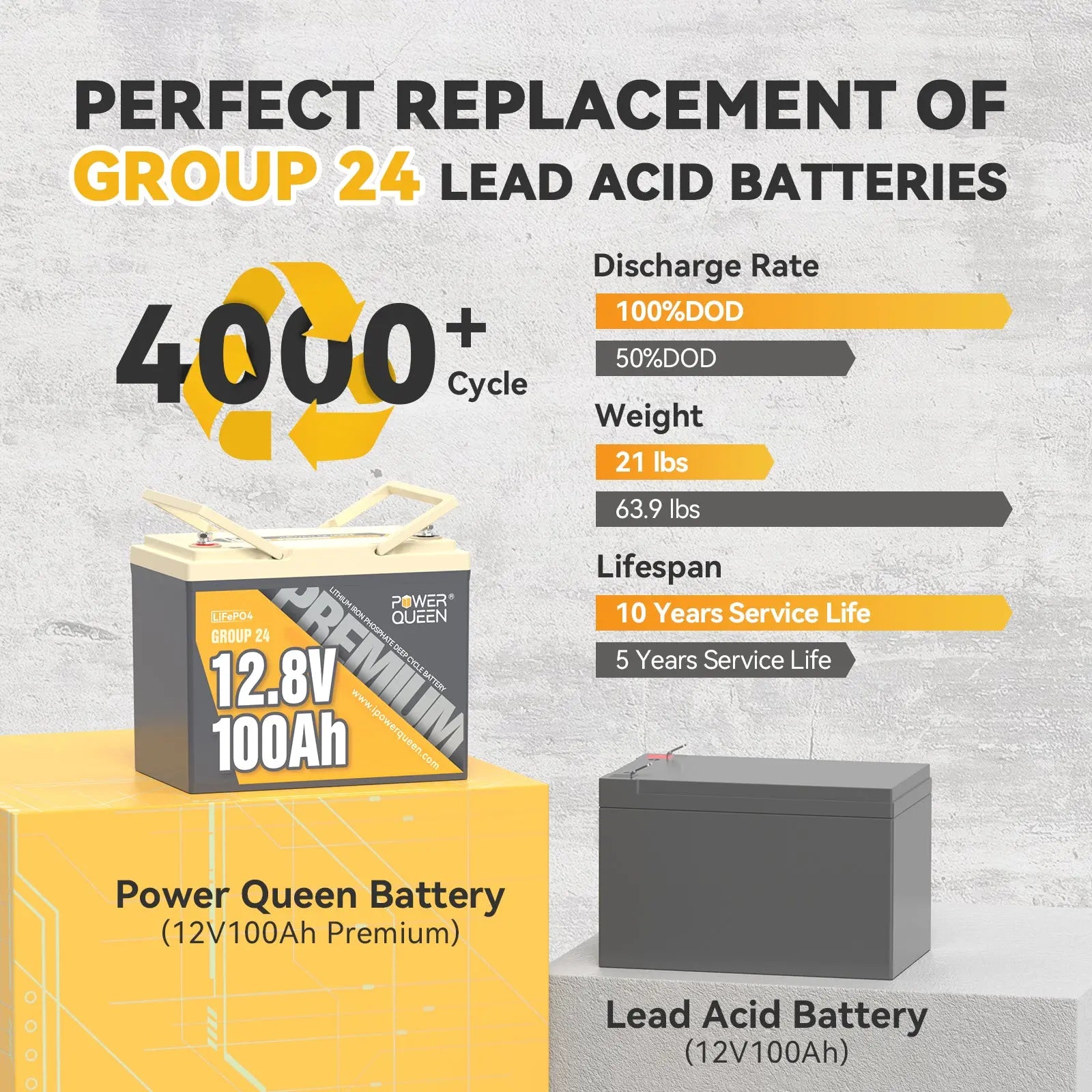
4. Fast Charging
Lithium batteries are known for their ability to charge quickly, which is crucial in backup situations where rapid replenishment of stored energy is necessary.
Related reading: How to Charge LiFePO4 Lithium Batteries.
5. Depth of Discharge
Lithium deep cycle batteries can be discharged to a greater extent compared to other types of batteries without causing damage, allowing for more usable capacity.
6. Maintenance-Free
Unlike lead-acid batteries, lithium batteries do not require regular maintenance such as watering or equalizing charges, making them more convenient for homeowners.
7. High Efficiency
Lithium batteries have high charge/discharge efficiency, meaning they can effectively utilize the stored energy without significant losses, leading to better overall performance.
8. Lightweight and Compact
Lithium batteries are lightweight and have a compact form factor, making them easier to install and integrate into home energy systems.
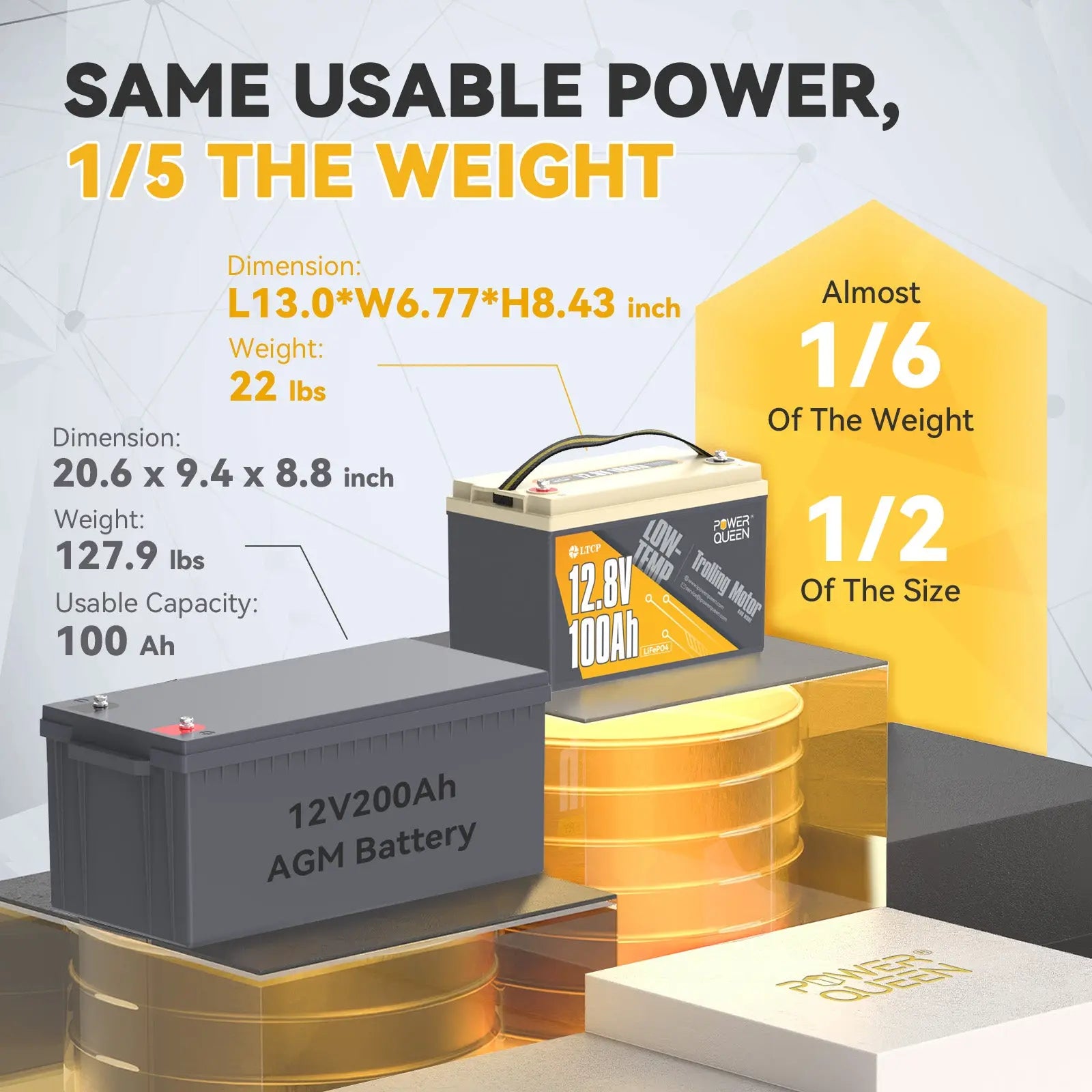
These factors collectively make lithium deep cycle batteries an appealing choice for homeowners looking to invest in reliable, efficient, and long-lasting energy storage solutions for backup power applications.
Lithium Deep Cycle Batteries Recommended
The Power Queen 12V 410Ah Group 8D lithium battery is an ideal choice for home energy backup solutions. Featuring a total energy capacity of 5248Wh, this battery is equipped with a 250A Battery Management System (BMS) and supports a maximum continuous charge and discharge current of 250A, along with a maximum load power of 3.2kW. Its design eliminates the need for complex series-parallel installation procedures and additional cable costs, making it a highly practical option for achieving extended runtime and increased power output.


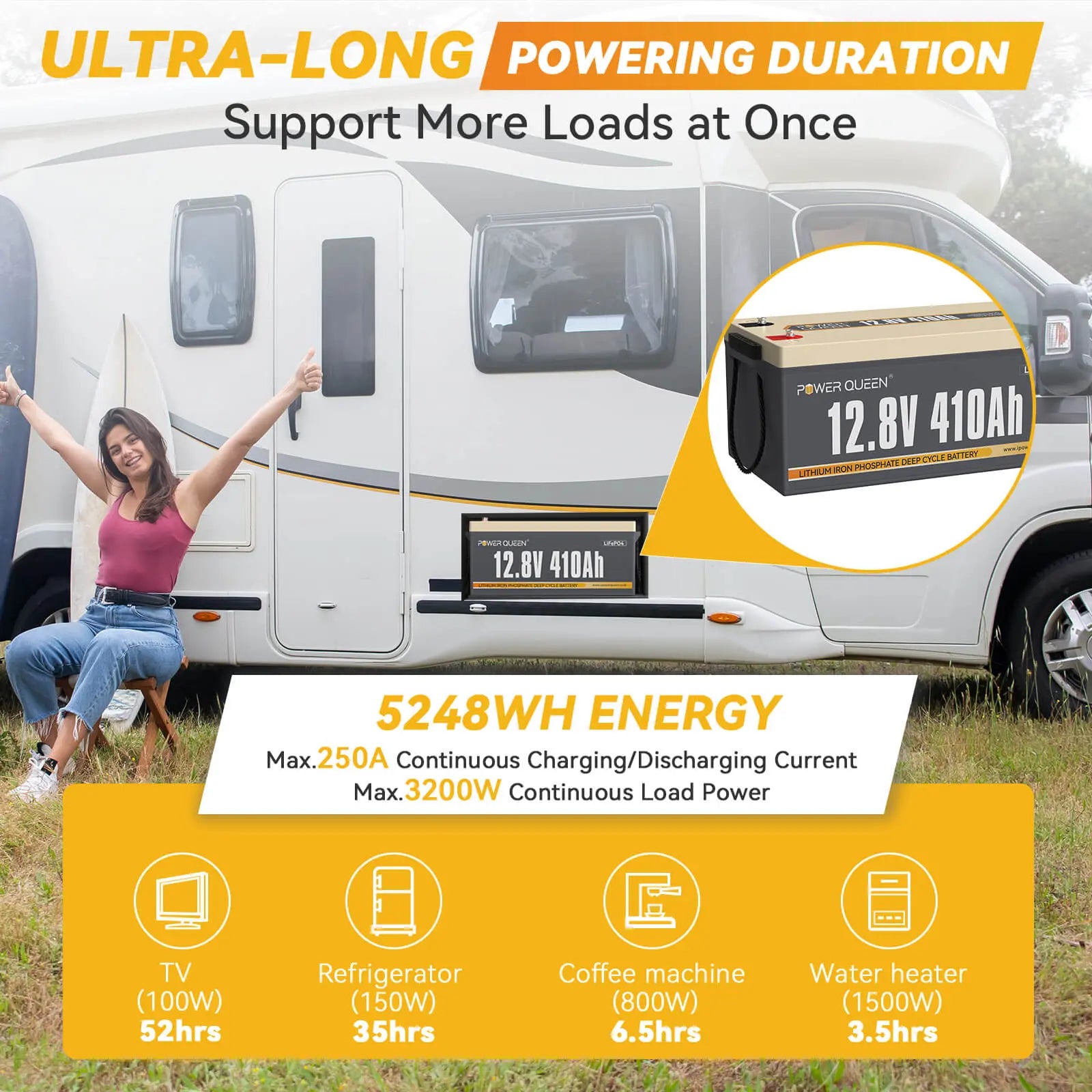
With the ability to support expansion up to 4S4P, this battery allows for the creation of a battery pack reaching a maximum of 51.2V and 1640Ah, offering a total energy capacity of 83.96 kWh. This versatility enables its widespread use in various applications such as solar systems, home energy storage, off-grid setups, and RV camping, providing users with a scalable and adaptable energy storage solution to meet diverse power needs.
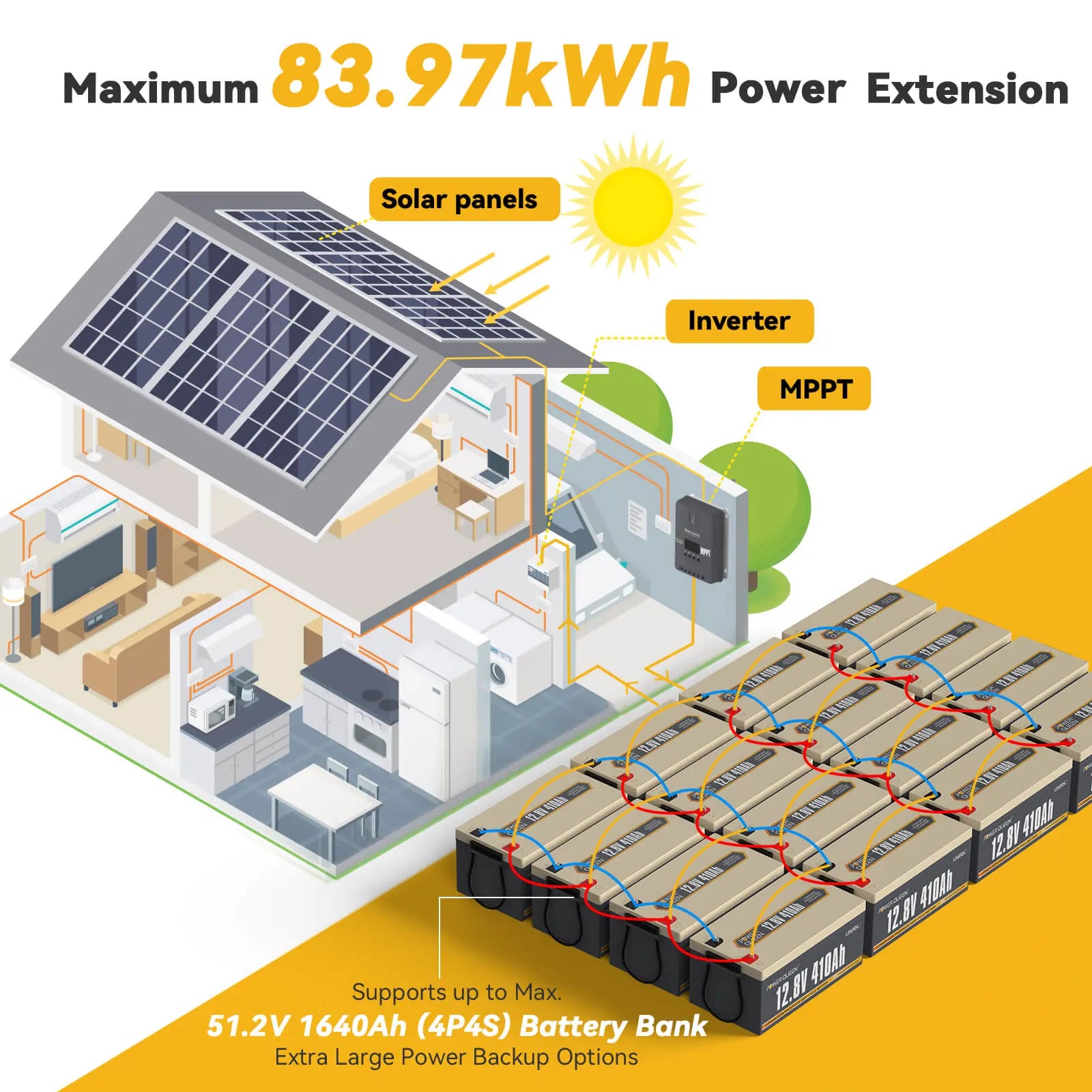
FAQs about Home Battery Backup
1.Can I charge my home battery from the grid?
Yes. These batteries can be recharged from the grid, particularly during periods of inexpensive electricity, such as when there is an abundance of wind power in the national grid. This capability enables users to leverage cost-effective, low-carbon electricity regardless of its source, providing flexibility in taking advantage of sustainable and affordable power resources.
2.Is it worth installing a home battery?
The decision to install a home battery depends on a variety of factors, including your energy needs, the availability of renewable energy sources, local electricity prices, and any potential financial incentives or rebates. Home batteries can offer benefits such as backup power during outages, the ability to store excess energy from solar panels for later use, and the potential to save money by using stored energy during peak-rate periods.
However, it's important to consider the upfront cost of the battery system, the ongoing maintenance, and the specific economic and environmental factors in your region. In some cases, the long-term savings from reduced energy bills and potential incentives may make it worthwhile, especially if you're committed to reducing your environmental impact and achieving greater energy independence.
Before deciding whether to install a home battery, it's advisable to conduct a thorough assessment of your energy usage, explore available incentives, and consider consulting with a qualified professional to determine if it's a beneficial investment for your particular circumstances.
Conclusion
In conclusion, the answer to the question "Can I Use a Battery Backup without Solar Panels?" is yes. With reliable batteries, it is possible to reap the benefits of energy storage even without an accompanying solar panel system. Whether for backup power, load shifting to manage energy costs, or in combination with other renewable energy sources, home batteries offer a versatile solution for a more resilient and sustainable energy strategy.
However, as with any major home investment, careful consideration of your specific energy needs and available resources is essential in deciding whether a home battery system is right for you.
